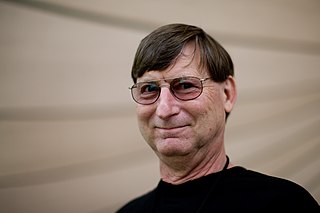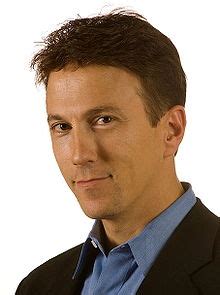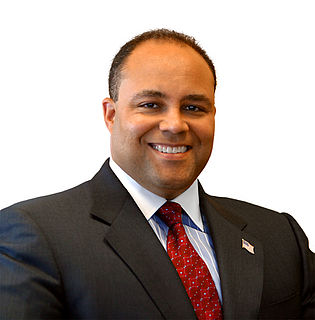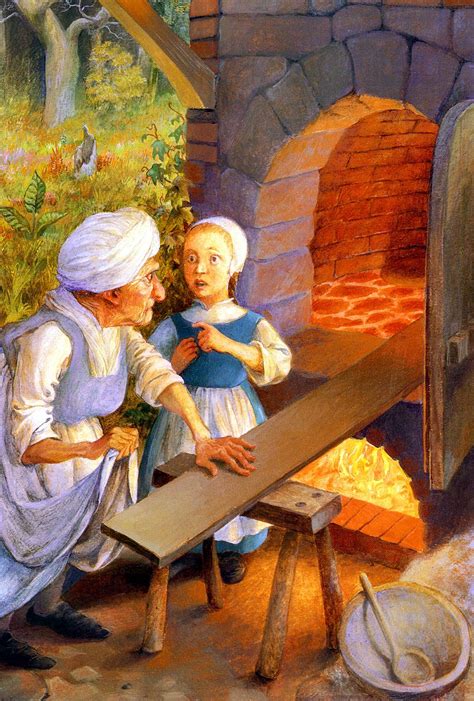A Quote by Mary Lou Jepsen
The world's information is digital. The web, the news, all of that is digital. And now... we have ten million books scanned. That was the last bastion of what was offline; it's now online and accessible.
Related Quotes
It isn't that information is exploding, but accessibility is. There's just about as much information this year as there was last year; it's been growing at a steady rate. It's just that now it's so much more accessible because of information technology. The consensus is that a Web crawler could get to a terabyte of publicly accesible HTML. A terabyte is about a million books. the UC Berkeley library has about 8 million books, and the Library of Congress has 20 million books.
As somebody who's kind of a technophile, I'm interested in how traditional and digital publishing connect. Maybe ten years ago they were seen as antagonists, but now they complement each other. There's data that shows digital sales actually drive print sales. And even the ways in which pictures and words, text and image, interact - we're seeing these books that are very hard to categorize. All of that is very exciting to me.
In every part of the world with which I am familiar, young people are completely immersed in the digital world - so much so, that it is inconceivable to them that they can, for long, be separated from their devices. Indeed, many of us who are not young, who are 'digital immigrants' rather than 'digital natives,' are also wedded to, if not dependent on, our digital devices.
We have to remember that information sharing is restricted by legal barriers and cultural barriers and by the notion that information is power and therefore should be hoarded so if you share information you can extract something in exchange. In today's digital online world, those who don't share information will be isolated and left behind. We need the data of other countries to connect the dots.
We have many accommodation owners - people who own small hotels, villas and bungalows - and the digital economy has opened up a world of possibility for these business owners. Now, they can sell to and communicate with people around the world, and where Booking.com comes in is to help these accommodation owners adapt to the digital world.


































